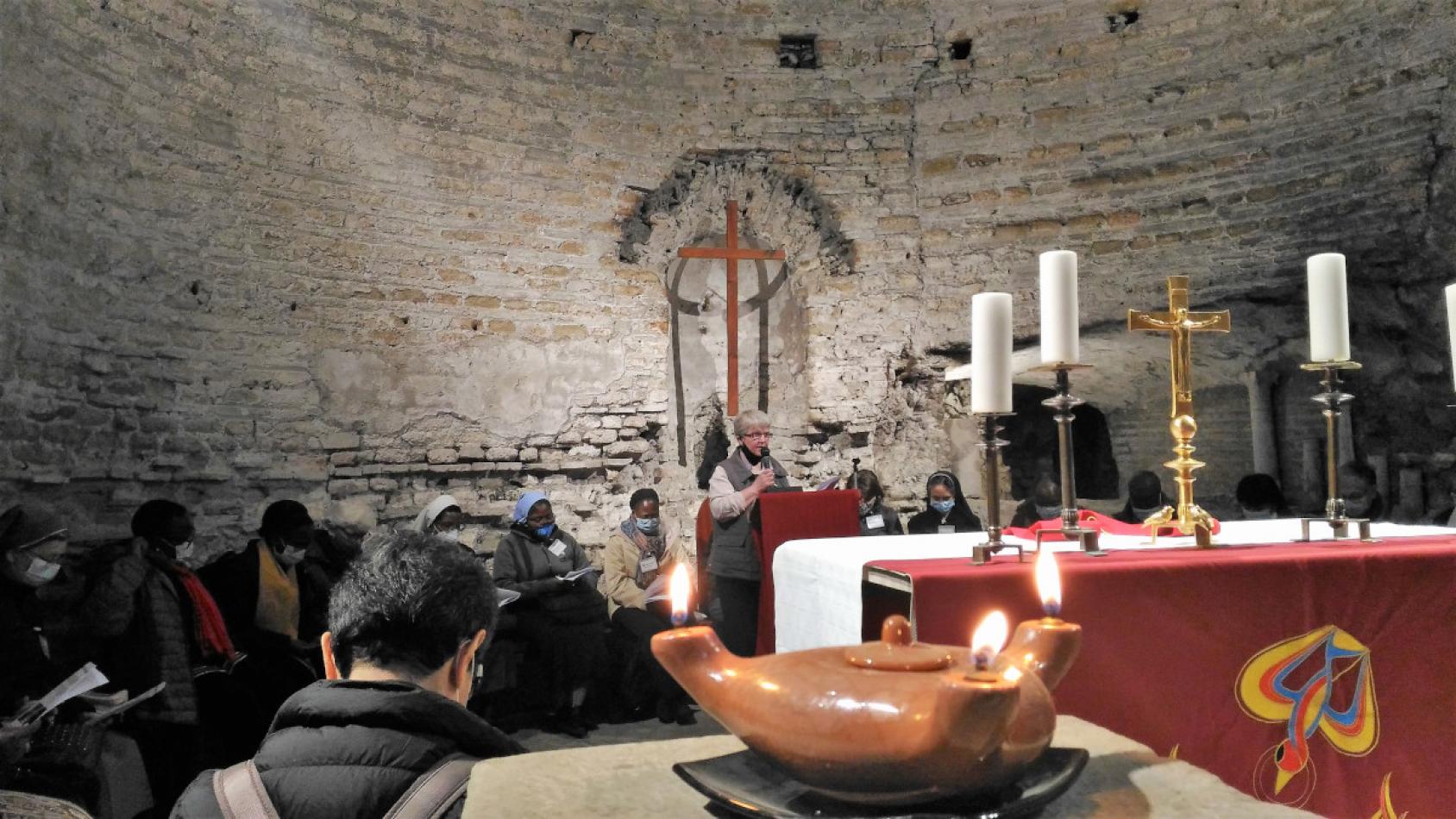Daniel Comboni
Comboni Missionaries
Institutional area
Other links
Newsletter
Friday, January 28, 2022
Continuing his reflection on fraternity, Pope Francis draws on biblical sources and Jewish tradition. The parable of the Samaritan takes the lion’s share. But it is good to note how in this chapter we find quotes from all sections of the First Testament, as if to encompass all the biblical teaching that is never far from the idea of brotherhood.
It is no coincidence that Francis also quotes Hillel, one of the greatest teachers of Israel who lived a short time before Jesus. His adage – do not do to others what you would not want for yourself, this is the whole Torah and the prophets, the rest is just commentary – fits well into this chapter and makes us understand that Jesus was not the only voice advocating an open interpretation of the Word. It is also a tribute to the Pharisaic school, too often denigrated. One should not forget that some of the teachings of the Pharisees are echoed in those of Jesus.
The biblical reading that the Pope proposes is not an ideological reading, a false pietism towards the poor and the stranger. There are no traces of an emotional reading either. The text points decisively in another direction.
It should be noted that in the First Testament, when the text speaks of the foreigner – a distinction is made between those who come from another people (goy) and those who, as foreigners, have settled in the midst of Israel (ger). It is this second group that must be respected. This difference disappears completely in the Lucan parable. There, it is the foreigner, moreover a detested one, who becomes the neighbour of a person who – presumably – was a member of Israel.
The parable of the Samaritan underlines the social component of the Christian message. It is a strong call to transform the patterns of thought and action of the individual and the community. In the words of Francis himself, “the parable clearly does not indulge in abstract moralizing, nor is its message merely social and ethical. It speaks to us of an essential and often forgotten aspect of our common humanity: we were created for a fulfilment that can only be found in love. We cannot be indifferent to suffering; we cannot allow anyone to go through life as an outcast. Instead, we should feel indignant, challenged to emerge from our comfortable isolation and to be changed by our contact with human suffering. That is the meaning of dignity“, (FT 68).
Fraternity and solidarity between people are supported by revelation, but it should not be forgotten that these values are inherent to the human being – an essential characteristic of human beings – not the result of a choice of faith. The biblical texts emphasise fraternity and solidarity and indicate how these are expressed in the social and not the spiritual. In other words, we could say that spirituality must be translated into life, otherwise it is just illusion.
[Fr. Giuseppe Caramazza - combonimission.net]




